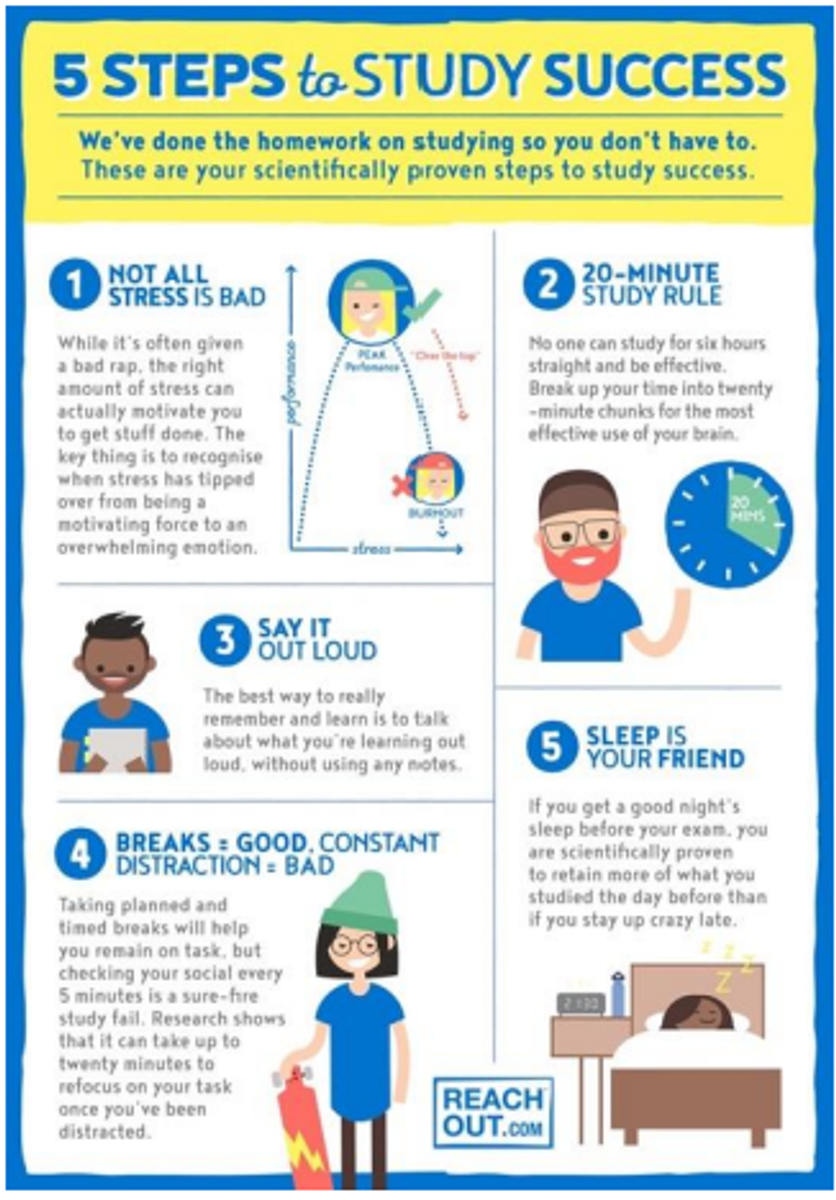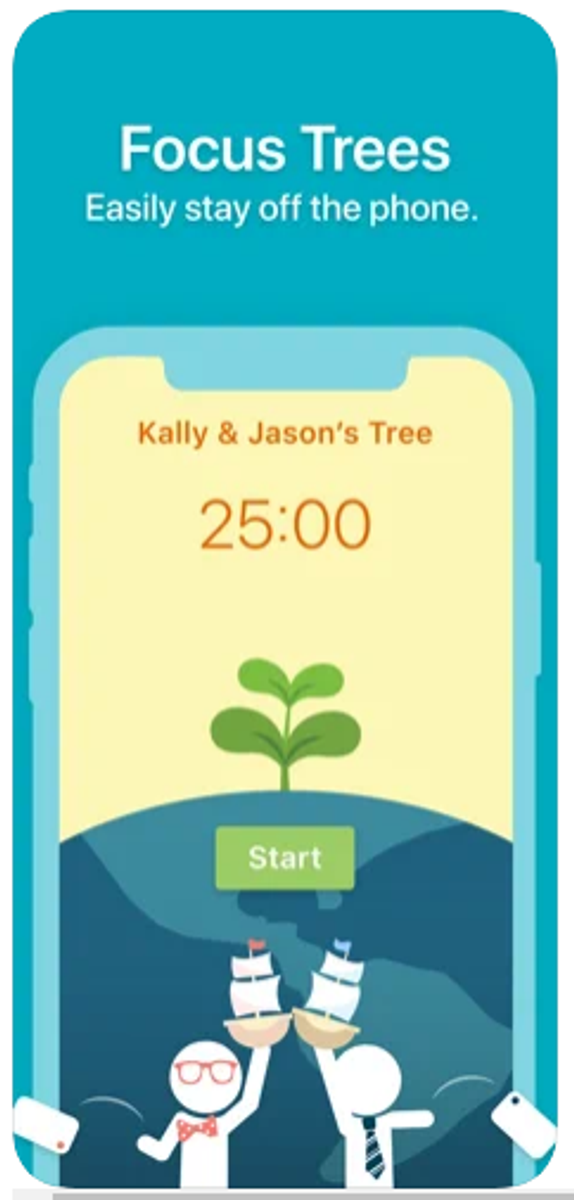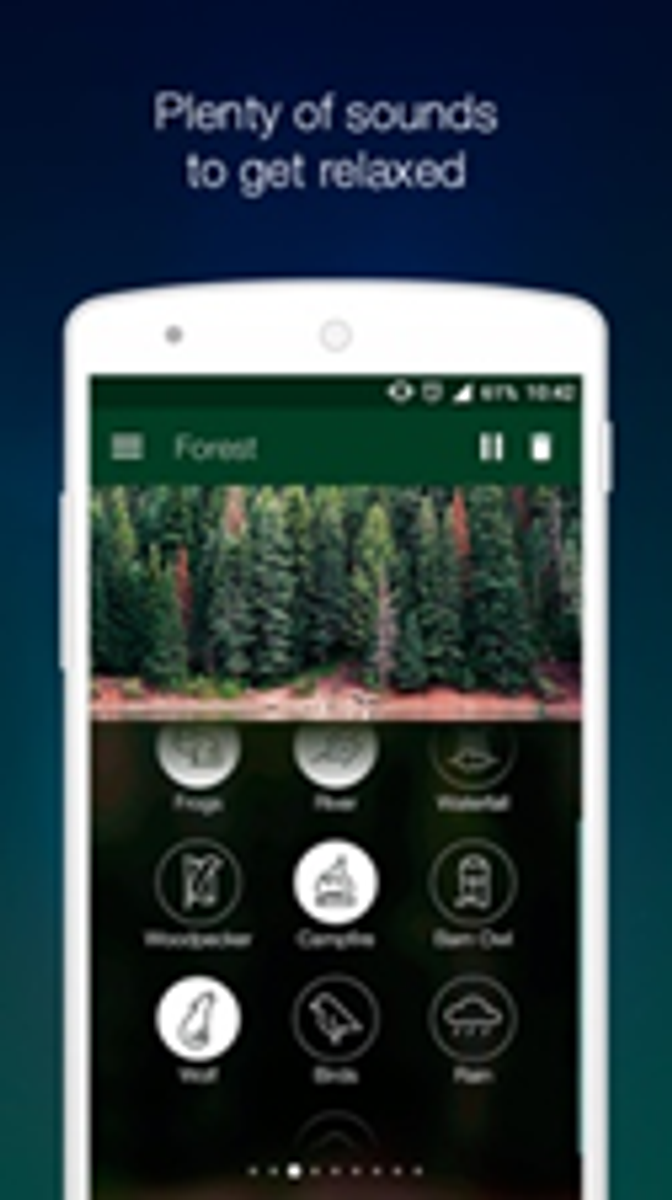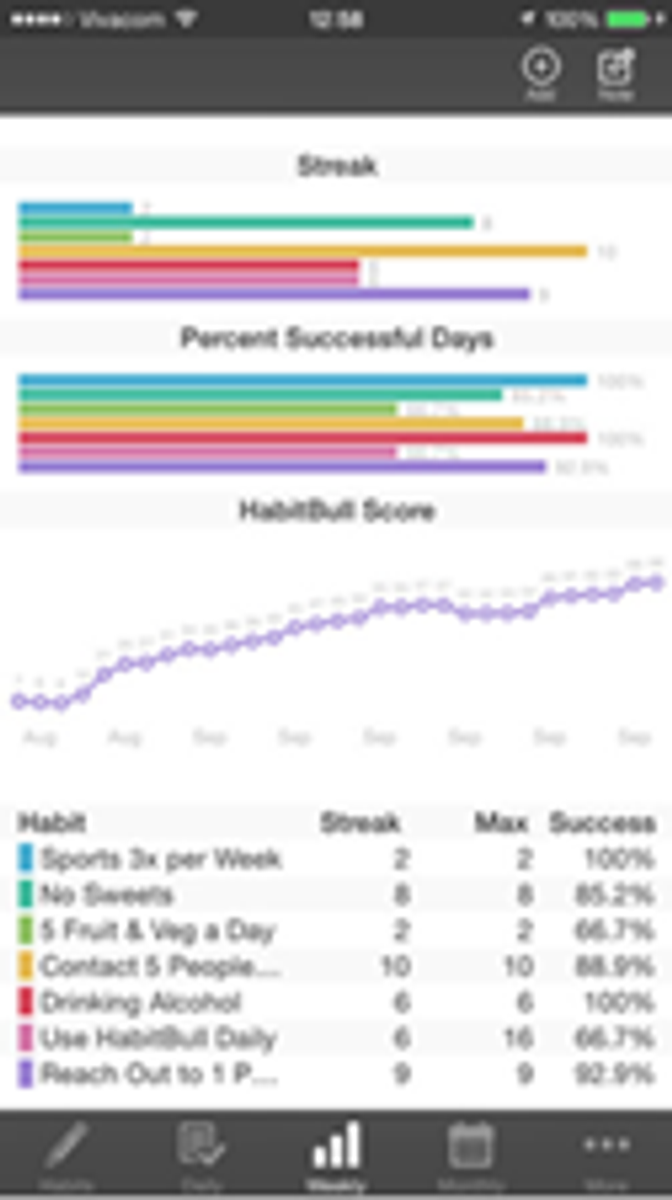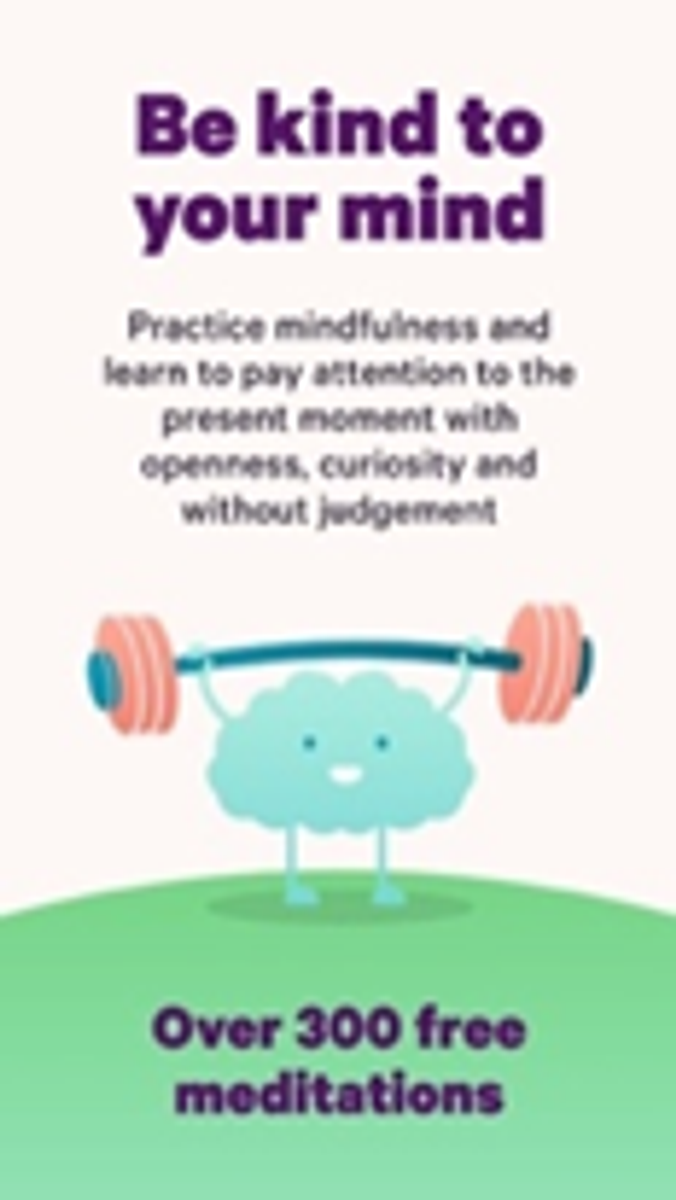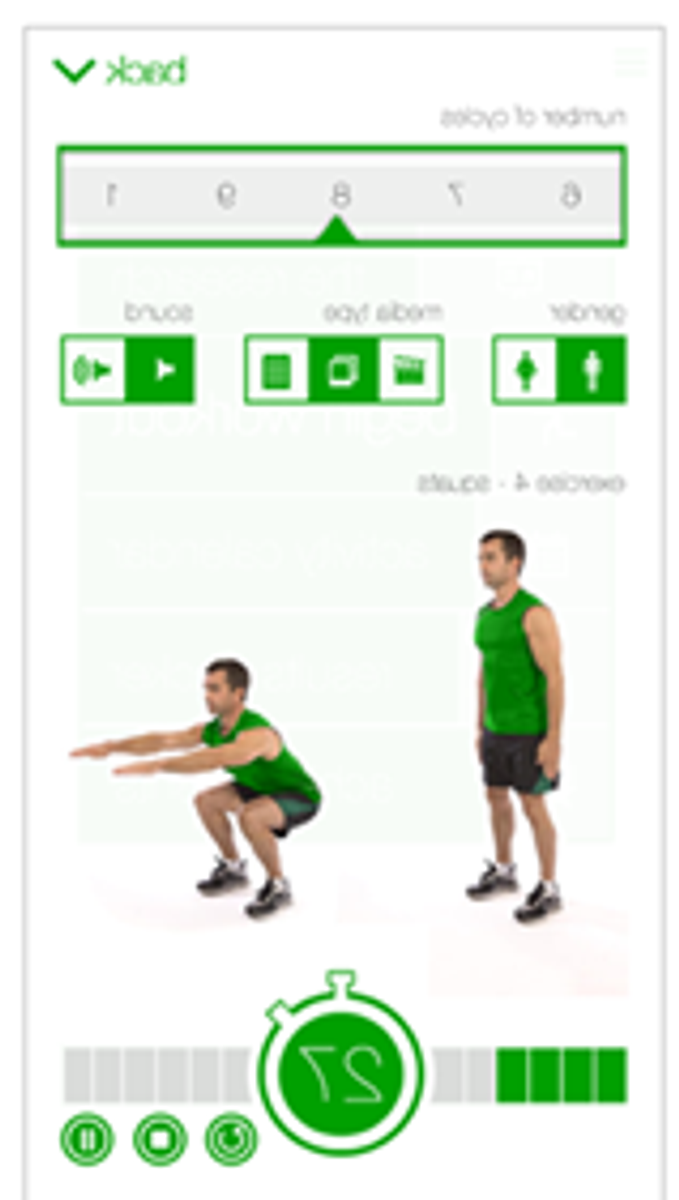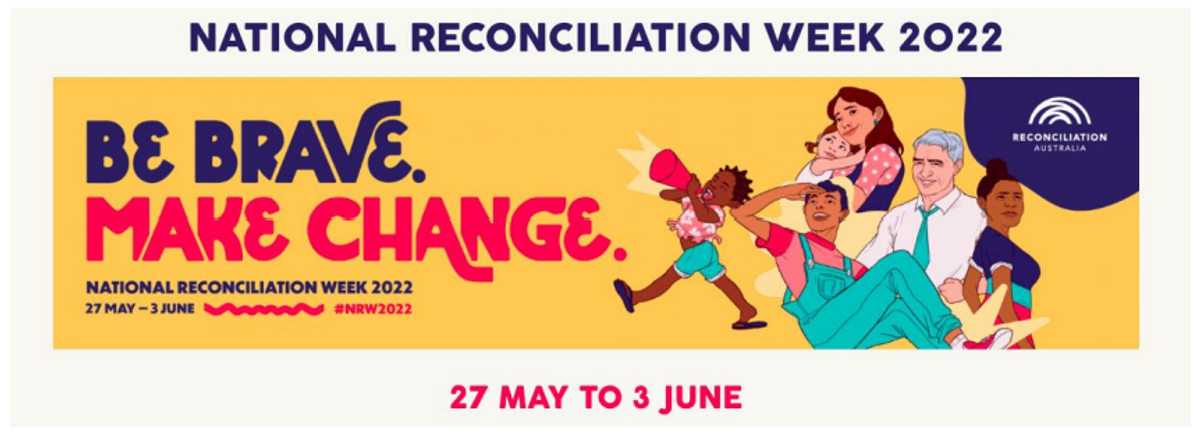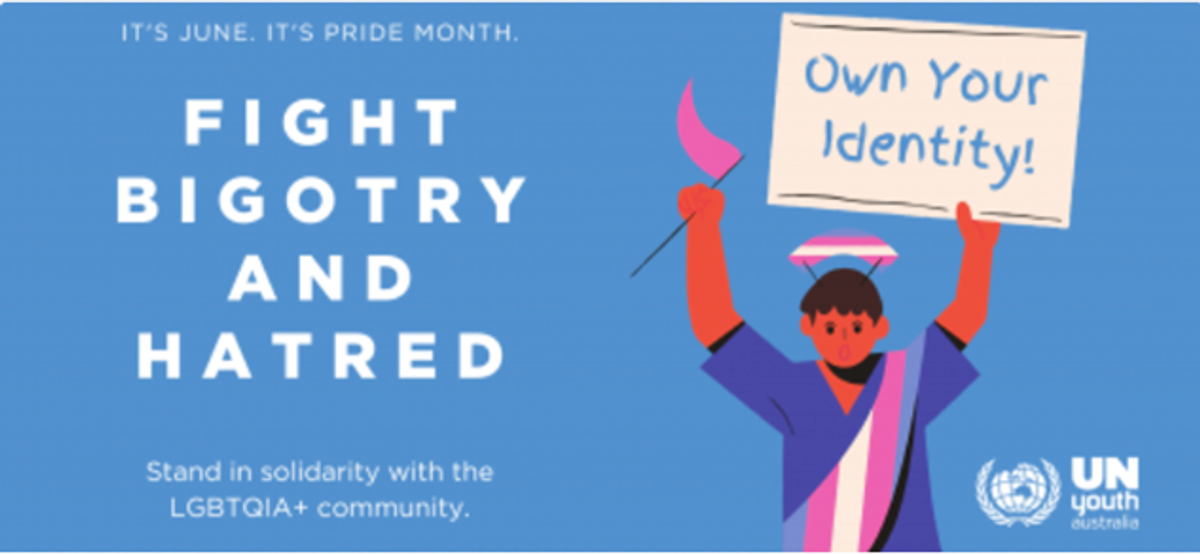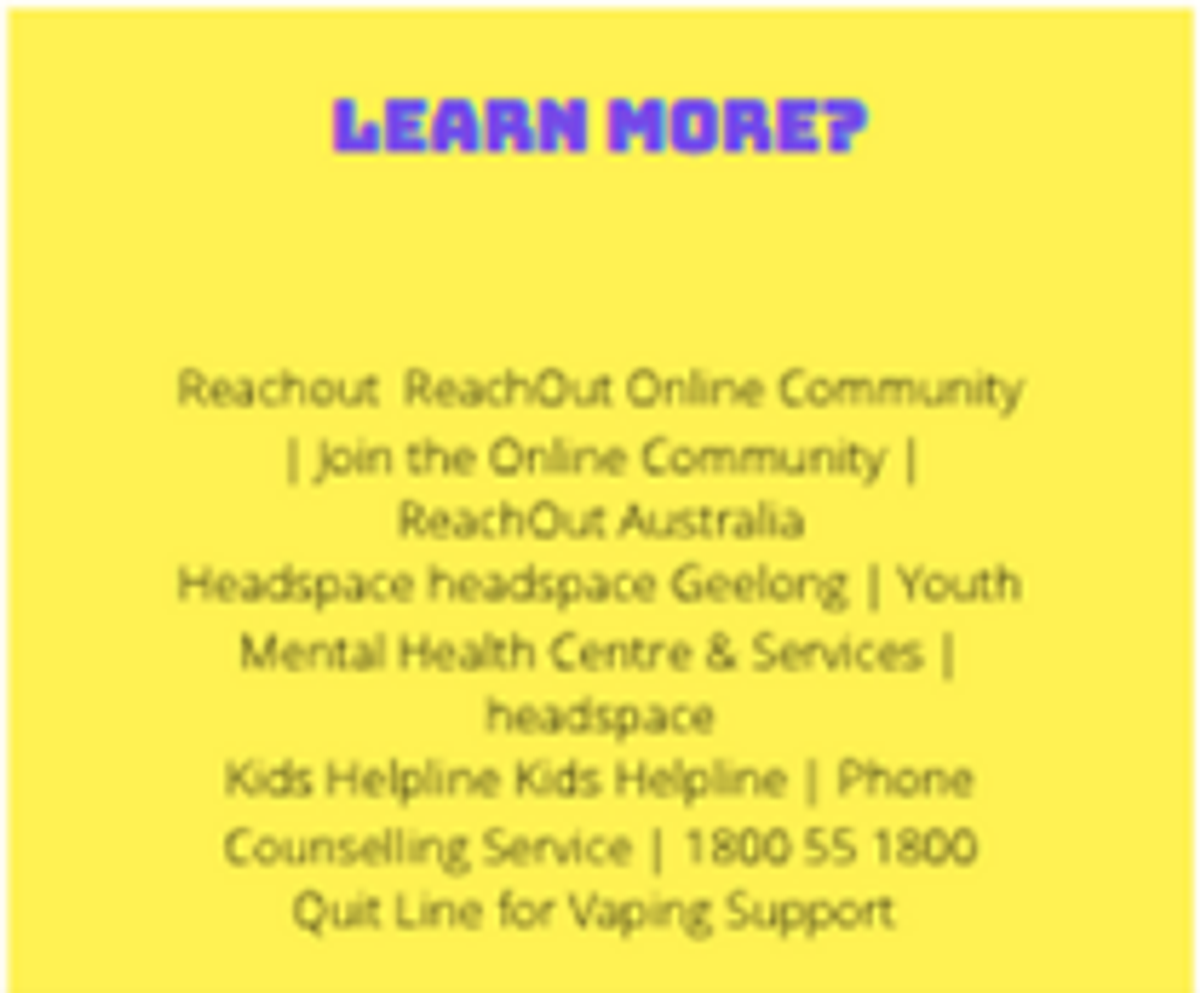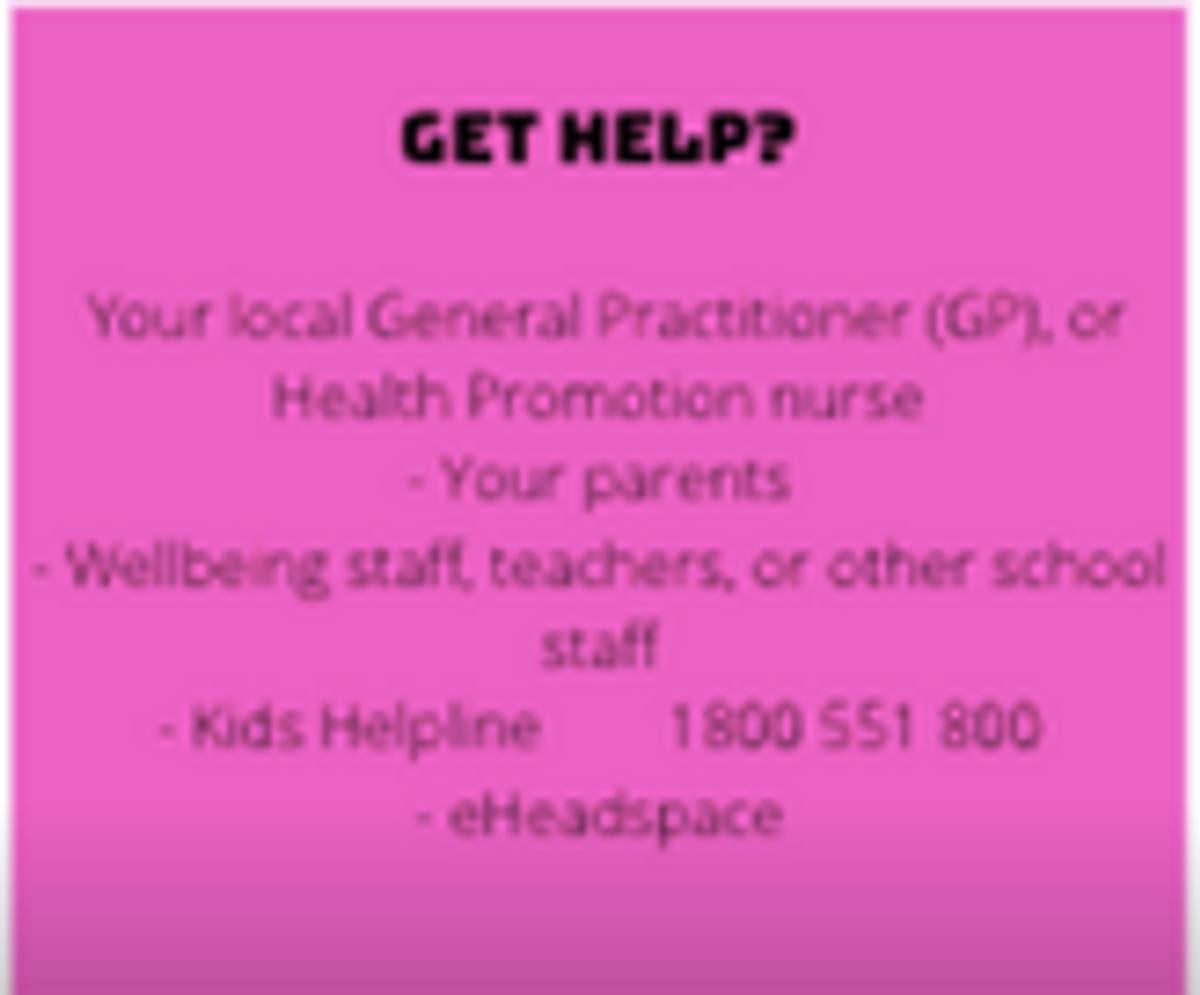WELLBEING

SURF'S UP
As we have now passed over the half way mark of Term 2 and we start to hear talk in the senior years around exams and the stress that some students are feeling leading into this period. The wellbeing team thought it would be good to tackle the feelings that stress can have on you and how some strategies that can be easily put into place can really help during this time.
There are many places that you can look too as a young person, or an adult supporting a young person to get support and advise around study stress. We like to look at the following sites which have great resources and links to further support should it be needed.
https://au.reachout.com/study-work-and-money/exam-stress
https://headspace.org.au/explore-topics/for-young-people/prepare-for-exams/
https://kidshelpline.com.au/teens/issues/exam-stress
Headspace Study Support
Headspace work and study Programs support 15-25 year old's with everything education and employment related. From finding your first job to deciding what to study, we can help. With support available online and in centers, our services are free and tailored to your needs.
https://headspace.org.au/services/work-and-study-support/
Exam time = stress time
Whether you’re at school battling your HSC, VCE or you’re now settling into TAFE or university, exam stress or general Year 12 stress can be really tough.
Believe it or not, good stress can help you get through tough situations because it keeps you alert and ready to face challenges. Bad stress happens when you feel overwhelmed, frozen, or like you can't think at all. The key to managing stress is finding the sweet spot between the two.
Causes of stress vary from person to person, but common ones include major life events like a death in the family or divorce, as well as more regular events like an illness or health problems, problems at work, home, or school, financial issues, or relationship concerns.
Signs of stress can include dips in mood, a lack of motivation, muscle tension, headaches, insomnia, irritability, and restlessness. If you’re dealing with a major stressor, or experiencing symptoms of stress on an ongoing basis, you might be dealing with bad stress, and getting control of it before it has too much of an impact on your wellbeing is incredibly important.
People experience exam stress for a variety of reasons, from worrying they might fail or wanting to do really well, to dealing with pressure from family members or teachers or struggling to understand the things they’re studying. Everyone experiences stress differently, and everyone has different reasons for being stressed in the lead up to exams.
Whatever your symptoms, and whatever your reasons for feeling stressed are, this exam stress guide has got your back. We’ve done the homework on VCE/VCAL stress and we’ve got everything from in-depth help on coping with anxiety, to tips on how to make stress work for you (yes, this is a thing), to how to study effectively with the most genius tricks and hacks, some of which will definitely brighten your day.
Whether you’ve already checked out a study timetable or you’re all a bit last-minute, here’s how to feel better and study smarter at exam time.
https://www.youtube.com/watch?v=pdw8K-OMhVk
Reach out has done some great work in the area of stress relief and steps to study success. They include embracing a small amount of stress, studying in 20-minute blocks, talking about what you’ve learned with a friend or family member, taking breaks (but not to the point of distraction!) and getting enough sleep. A great idea is to print the diagram off and place it in your study area.
Study Apps
While it’s a tough ask to eliminate exam stress completely, there are some study apps that can help make it all a little more manageable. Here are the best study apps to get you on the right track.
1. Flora
Are you finding that you’re struggling to focus on studying from home? Can’t help but dive into the ultimate distraction: picking up your phone? It sounds like you need a little Flora in your life. Flora is a free app that helps you to manage your screen time via a virtual garden
Each time you put your phone down, Flora plants a seed and a tree begins to grow. The less you use your phone, the better your garden grows. The best bit is you can use Flora with a friend and grow a garden together. While there are plenty of apps designed to help you avoid procrastinating, none are quite as much fun as Flora. Now get gardening!
2. Atmosphere: Relaxing Sounds
While some people love the sound of silence while studying, others crave the chaos of the outside world. If you’re stuck at home but need a little background chatter to help you focus, Atmosphere is the app for you.
The free ambient noise app offers a whole bunch of sound categories: Beach, Countryside, Underwater … or our personal favourite, Urban.
There is something strangely soothing about listening to the distant roar of a digital train as you hit the books.
3. HabitBull
One of the hardest things to do when preparing for exams is getting into a good study routine. It’s just so easy to get distracted by the internet, friends, your phone or games. After all, you’ve got stacks of time! There's no need to rush studying, is there? But before you know it, you’re cramming the night before a test rather than preparing for it weeks in advance.
Enter HabitBull. A motivational app, HabitBull allows you to track and input good habits, even giving you a score based on how well you’re keeping up with routines. It’s great for noticing patterns in your behaviour, too: maybe there are specific days when you’re more alert than others, or maybe you tend to work better on the weekends rather than on school nights.
‘It offers young people control,’ one user wrote of the app. ‘I liked that the application is a gentle encouragement to uphold personal goals and good habits in your life.’
4. Smiling Mind
Mindfulness – don’t knock it ‘til you’ve tried it. Smiling Mind is a mindfulness meditation app which has programs to help you manage your stress, anxiety and depression. You can choose what you want to work on from over 300 free programs, including resilience, general wellbeing, sleep, relationships and self-awareness.
Smiling Mind also includes programs in a number of different Aboriginal languages like Kriol, Ngaanyatjarra and Pitjantjatjara. These programs were created in collaboration with the Central Australia’s NPY Women’s Council. The additional language programs are located in ‘All Programs’ under ‘Other Language Programs’.
5. 7 Minute Workout: Fitness App
One of the best ways to send stress packing is by getting your sweat on. This free app offers daily workouts that are designed to get your heart rate up and clear the mind. Each workout takes just seven minutes – hence the name – and doesn’t require any equipment, so it can be done anywhere, at any time!
The app also includes a health tracker, so you can chart your progress, and a custom workout builder, which allows you to pick and choose your favourite exercises.
To Get you on the right track…
• Exercise regularly. You could start the day with a surf or run, or do something in the afternoon.
• Use colours to stay organised. You could use different coloured highlighters for each subject so the visual organisation helps your brain to organise information.
• Make a timetable. Think about what time you want to get up in the morning and what time you want to go to sleep. With your other commitments, like family, sport, clubs, volunteering, you then know what time slots you have for studying. You could put the subjects you find harder in the morning so you're fresh, and schedule more time for those. Make sure to include your relaxation time in too!
Building these good study habits will not only help you to thrive, but keep you feeling good, confident, and less stressed during exam and assessment period.
What is National Reconciliation Week?
National Reconciliation Week (NRW) is a time for all Australians to learn about our shared histories, cultures, and achievements, and to explore how each of us can contribute to achieving reconciliation in Australia.
The dates for NRW are the same each year; 27 May to 3 June.
These dates commemorate two significant milestones in the reconciliation journey— the successful 1967 referendum, and the High Court Mabo decision respectively.
27 May 1967: On this day, Australia’s most successful referendum saw more than 90 per cent of Australians vote to give the Australian Government power to make laws for Aboriginal and Torres Strait Islander people and recognise them in the Census.
3 June 1992: On this day, the Australian High Court delivered the Mabo decision, the culmination of Eddie Koiki Mabo’s challenge to the legal fiction of ‘terra nullius’ (land belonging to no one) and leading to the legal recognition of Aboriginal and Torres Strait Islander peoples as the Traditional Owners and Custodians of lands. This decision paved the way for Native Title.
Reconciliation must live in the hearts, minds and actions of all Australians as we move forward, creating a nation strengthened by respectful relationships between the wider Australian community, and Aboriginal and Torres Strait Islander peoples.
What is Pride Month?
Every June, Pride Month celebrates the diversity of the lesbian, gay, bisexual, transgender and intersex community. It’s a time to reflect on just how far civil rights have progressed in half a century and an opportunity to protest discrimination and violence. Australia is at the forefront of the push towards true equality and inclusion for LGBTI people.
4 Ways To Create An Inclusive Community:
- Use thoughtful language. Often misunderstandings and hurt are a direct result from the language that is used.
- Learn about, and eliminate, the use of microaggressions.
- Identify and acknowledge potential unconscious bias.
- Ask questions, make no assumptions, and listen!
As always stay kind and reach out if you need Michelle, Shelley, Mel and Rachel


